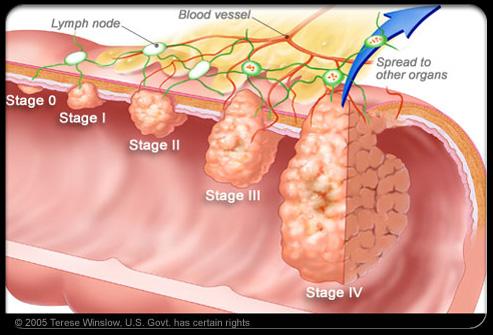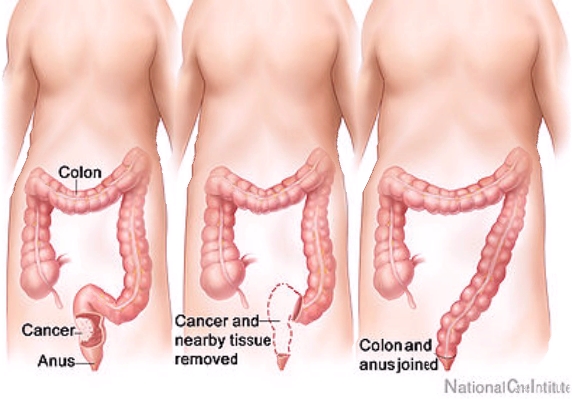What You Need to Know about Colorectal Cancer
Colorectal cancer is also known as colon cancer. The precise cause of this type of cancer is unknown but there are factors that play a role in its development and formation. Basically, cancer cells develop in the lining of large intestine. The cancer can block the intestine or it can cause bleeding into one’s faeces. Here in Singapore, there are many people who suffer such.

If you want to know about colorectal cancer, you should refer to the following information:
How common?
Believe it or not colorectal cancer is the commonest cancer here in Singapore. It affects both females and males. From 2005-2009, there were about 1580 cases of colorectal cancer diagnosed here. With this, people need to be aware of the colorectal cancer before it is too late for them.
The onset
Persons diagnosed with colorectal cancer are older than forty five years old. Young persons (less than twenty years old) are at risk too but they inherited it. The hereditary form of colorectal cancer is called the “familial adenomatous polyposis”.
Risks
Everyone is at risk for colorectal cancer but the risk is higher when the person has a medical history of colorectal polyps. If the person has medical history of ulcerative colitis or bowel disease, they can be at risk too. If the person has a family history of colorectal cancer, they have high chances of getting colorectal cancer.

Symptoms
If you have a family history of colorectal cancer, you should watch out for the symptoms and signs. Symptoms include incessant diarrhoea, changing of bowel movements, constipation and varying stool frequency. You should also look out for abdominal pain or discomfort and the presence of mass in the abdomen.
Diagnostic
Detecting a colorectal cancer is easy and it does not include complex testing. If the doctor suspects colorectal cancer, he can simply insert his finger unto the rectum. It will only take less than five minutes. Patients need not to worry because it will only give minimal discomfort. But if the doctor suspects the cancer to be farther than five to eight centimetres of the rectum, the doctor can perform colonoscopy or sigmoidoscopy.
Treatment options
The pillar of treating colorectal cancer is surgery. The cancer surrounding the colons will be removed then the two ends of the cut section are linked together. If the colons cannot be linked, the doctors should provide an artificial opening called colostomy.
Cancer in general is a frightening illness but remember that the earlier it is treated, the more chances of recovery. If you identified the symptoms, you should consult immediately so your doctors can do something about it. If you delay it, it will surely take a toll on you.


Leave a Reply